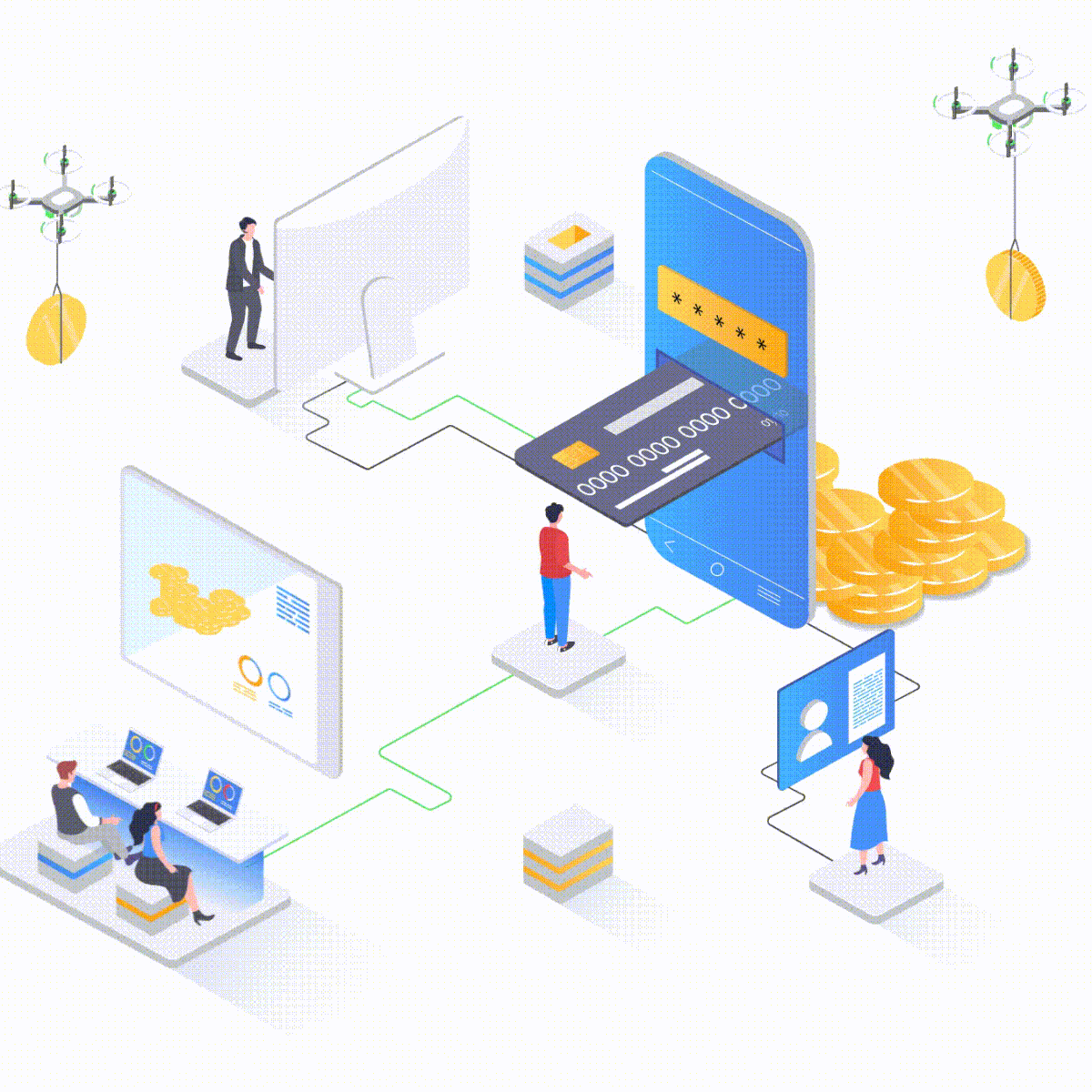Welcome to Sanity Software, where we take pride in being the forefront Enterprise Resource Planning (ERP) Software Development Company in Patna. Our core focus is on providing innovative and customizable ERP solutions that perfectly cater to the unique needs of your business. We understand that every organization has its distinct challenges and requirements, and that's why we dedicate ourselves to tailoring our software to fit seamlessly into your operations.

With a team of dedicated experts, we bring forth a wealth of experience and knowledge, ensuring that our ERP solutions streamline your business processes like never before. Say goodbye to inefficiencies and welcome enhanced productivity and profitability. Our user-friendly and intuitive interfaces empower your workforce to make informed decisions and act proactively in a fast-paced business environment.
At Sanity Software, we are continuously evolving, keeping up with the latest technological advancements to offer you the most cutting-edge ERP solutions. Our commitment to excellence has made us the preferred choice for businesses of all sizes and industries, enabling them to unlock their true potential and achieve remarkable success.
Embark on a transformative journey with Sanity Software today, and experience the future of efficient and intelligent enterprise management. Together, let's redefine the way you do business and seize the opportunities that lie ahead. Welcome to Sanity Software – your gateway to innovation, optimization, and growth.